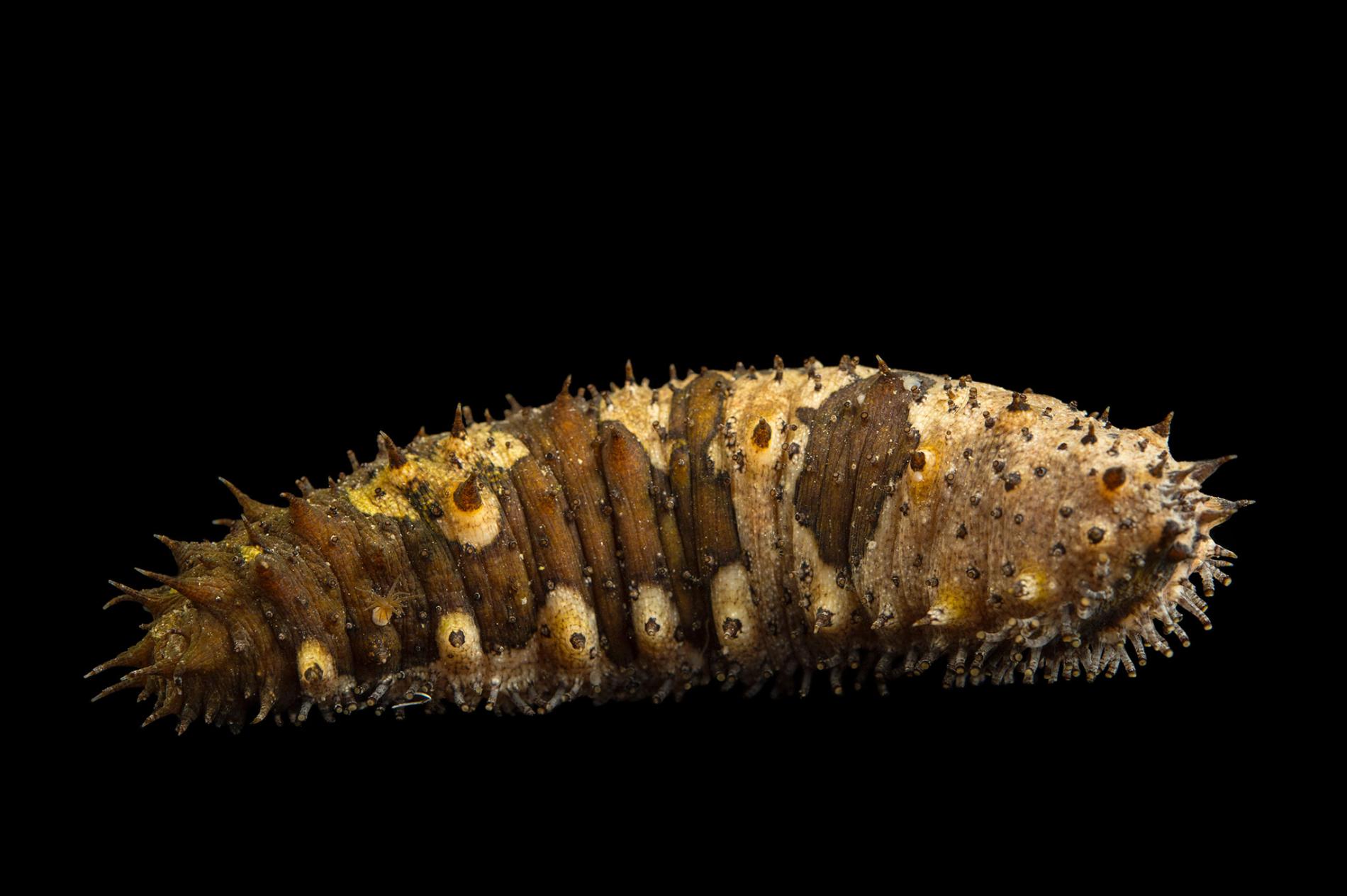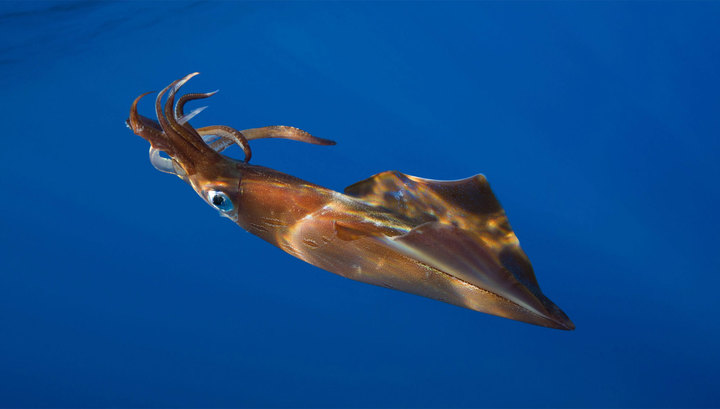
Sea Cucumber Smugglers Made Millions On Delicacy

San Diego – A father-son team for allegedly smuggling more than $17 million worth of sea cucumbers to the United States and exported them to Asia.
According to media reports Saturday, David Mayorquín and his father, Ramón Torres Mayorquín, are accused of buying illegally caught sea cucumbers by stealthy fishermen from the Yucatan peninsula in Mexico, pay under false names and declare less weight and value of the real to inspectors at the border crossing Otay Mesa, in San Diego, contiguous to the city of Tijuana in Mexico.
From San Diego, both men allegedly shipped the product to various Asian countries, where sea cucumbers are considered a delicacy and are thought to have medicinal value and aphrodisiac qualities.
U.S. Homeland Security Investigations launched an investigation around 2012 after company transactions raised suspicions, said James Plitt, deputy special agent in charge in San Diego. They examined financial and shipping records.
“These cases are very document-intensive,” Plitt said. “The volume of documents that have to pulled together and corroborated is significant.”
Sea cucumbers sell for between $ 300 and $ 500 a kilogram in Asia, officials said, helping to explain why it is appealing to poachers and smugglers.
David Mayorquín, who appears as the company’s CEO on public records, allegedly bought sea cucumber for $ 13 million, knowing they were caught unauthorized and out of season, and sold it for $ 17.5 million.
The indictment, filed Wednesday in federal court in San Diego, covers operations conducted from January 2010 to July 2012.

The National Security Investigations unit undertook a search in 2012 because the company’s operations aroused suspicions “Said James Plitt, Special agent attached to charge in San Diego. The researchers examined the financial and shipping records.
“These cases require a lot of documents to be able to substantiate,” Plitt said.
“The volume of documents that need to be gathered and corroborated is significant.”
The researchers found e-mails that allegedly show when the family communicated with other people in connection with illegal purchases, the Investigations unit said.
“I hope you are aware that you are asking for 17 tons and we do not have papers for that amount, since all the product of Carlos has no bill,” a supplier to David Mayorquín, a situation mentioned in the indictment, wrote in 2011.
Nearly 10 tons would travel without papers. ”
The defendants also bribed Mexican officials, prosecutors said. An email included in the indictment shows that Mayorquín is asked to contribute $ 32,000 to pay bribes.
The court documents do not list a lawyer for the Mayorquín or his company, which also faces charges. A woman who answered the phone on Friday at Blessings said the firm would not comment on the matter and hung up.

Sea cucumbers are shaped like cucumbers, have small legs and measure up to six feet in length. They belong to the family of echinoderms, which includes stars and sea urchins.
They are served dry or fresh, and are often accompanied by cooked with traditional Chinese fish, vegetables and sauces. Some people attribute benefits to joint pain, cancer, and inflammation.
Catching sea cucumbers is allowed in the United States and many parts of the world, but in limited quantities and only during the high season.
Blessings was authorized by the US Fish and Wildlife Service to import and export sea cucumber, according to the indictment.
Border inspectors in San Diego investigated three commercial shipments – large and legal – just last week, said Erin Dean, the resident agent in charge of the Southern California Fish and Wildlife office.
Prosecutors have also detected an increase in smuggling cases, In which usually those involved hide the animals in vehicles or in the body, he added.
Totoaba, whose dried bladders are sold in thousands of dollars to Chinese merchants, is also often smuggled from Mexico to California. During the fishing of totoaba, the marine vaquitas are often trapped in the nets, which has contributed to their population has fallen to about 30 individuals.



This is serious! Sessions is focused on classic drug trafficking but really that’s just a cover for the south/central Americans, for whats really going on.
They are not coming to pick cucumbers, they are BRINGING cucumbers. It’s an attack on out agricultural industry. We don’t need a wall, we need the damned Coast Guard, Fish and Gaming Enforcement and the whole Navy!
Sea cumbers are big business … especially for smugglers.
Yet ANOTHER need for that glorious Southern Wall! Gotta keep those Mexican cukes OUT! China can just learn how to make cucumber salads like the rest of us, with vinegar… and maybe some soy sauce.
Seems to me if you take away the market then you fix the problem. Asia doesn’t seem to care a whole lot when it comes to protection of a certain species. How many Bears in Canada are slaughtered just so some Asian boutique shop can charge ridiculous amounts of money for a certain part of the bears inners.
When it comes to their Panda’s they care, after that not so much.
It’s about time big boy governments put some pressure on Asia to stop this, yes I know, if it’s not oil or arms no one cares.
I guess it sucks to be any endangered animal except Pandas.
What were they driving? A nitrogen car and dumped them all in the water tank?! lol
all those years in which a civilization goes hungry they learn to eat and use pretty much EVERY part of creature. meanwhile typical americans only eat anything with no bones. everything else is useless.
Seems to me if you take away the market then you fix the problem. Asia doesn’t seem to care a whole lot when it comes to protection of a certain species. How many Bears in Canada are slaughtered just so some Asian boutique shop can charge ridiculous amounts of money for a certain part of the bears inners.
When it comes to their Panda’s they care, after that not so much.
It’s about time big boy governments put some pressure on Asia to stop this, yes I know, if it’s not oil or arms no one cares.
I guess it sucks to be any endangered animal except Pandas.